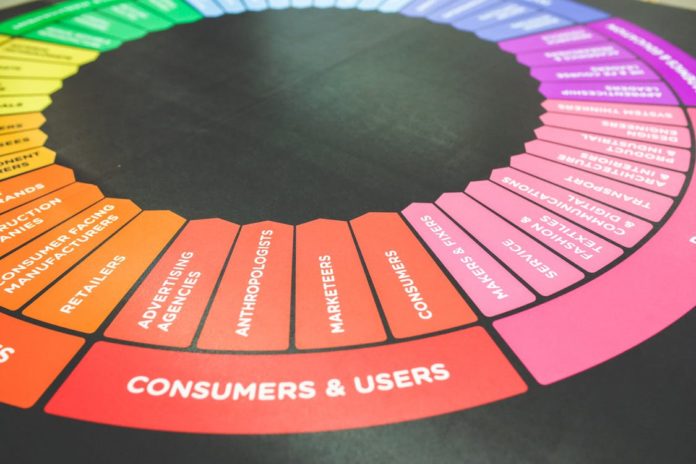When people search for something online, it’s usually with a specific intention in mind. They might be looking for an answer to a particular question. They could be searching for a website. Or they may be searching because they want to buy something. There’s almost always a reason behind every internet search. This brings us to the concept of search intent.
Table of Contents
What Is Search Intent?
Search intent is the ultimate goal of the person with a query for a search engine. Search intent refers to the reason why someone conducts a specific search online. Why are they searching? And what are they trying to achieve from their search?
Since people use search results differently based on their ultimate goal, understanding and optimizing your website or blogs for search intent is vital for digital marketing (and SEO).
It is recommended that you complete a digital marketing course in order to fully understand the in’s and out’s of digital marketing.
Types Of Search Intent
-
Informational Intent
Most searches on the internet are carried out by people looking for information. It could be information about the weather, a movie, or a content writing course. The search query may be a specific question like, “How many planets are there in the solar system?” Or they might just want more information on a particular topic.
-
Navigational Intent
People with navigational intent are looking for a specific website. They usually know where they want to go (Facebook, YouTube, etc.). They probably find it quicker and easier to Google the site than to type the entire URL into the address bar.
-
Transactional Intent
A person with transactional intent wants to make a purchase. In all likelihood, they already know what they want to buy and are searching the web to find the best bargain. They’re probably also looking for the best place to make their purchase from.
-
Commercial Investigation Intent
A lot of people use the internet to research their soon-to-be-purchased items before they commit to buying. This is called commercial investigating intent. These search queries are usually inquiring in nature like, “What’s the best type of smart TV?”
The Importance of Search Intent
Search intent is an important concept with regard to SEO. If you want to rank well on SERPs, understanding, and creating content with search intent in mind is essential. The content you create for blogs and websites needs to align with search intent.
Here’s why…
Google’s primary goal is to provide users with the most relevant results for their search query. As such, Google has slowly developed the ability to determine the search intent of users. Google’s entire SERP system has started to focus on fitting the search intent rather than the exact keyword search. There are even instances when the exact searched-for term isn’t included in Google’s SERPs. This occurs because Google has become better at determining the search intent of its users.
Optimizing Your Content for Search Intent
Optimizing your blog for search intent is a simple concept to grasp. The type of content you create should (ideally) be influenced by the users’ search intent. If the search query has informational intent, write a blog post. If it has transactional intent, create the relevant product page. Here are a few guidelines when it comes to optimizing for different intents.
-
Optimizing For Informational Intent
Make sure your blog’s landing page fits the search intent of your audience. If people search for information, you don’t want to show them a product page. The trick to optimizing for informational intent is to use complete sentences in the most essential on-page content, like page titles, descriptions, and HTML header tags. It’s also a good idea to put the body copy containing the desired information directly below the header.
-
Optimizing For Transactional Intent
It’s a good idea to optimize your product pages with commercially driven keywords. You could also create blog posts with information about your products. These blogs can be optimized further by incorporating the relevant search terms into the text.
Another tip to effectively optimize your website for transactional search intent is to be clear about how the user can make a purchase and what that entails. A transactional landing page should include:
- A clear and eye-catching Call To Action. It should also state what clicking the button will do.
- Your website design gives users their initial impression of your business. As such, you need to have a clean, attractive design that gets your message across in as few words as possible. Make use of visuals to express the value and benefits you offer.
- When creating product descriptions for transactional intent, focus on developing an emotional connection, and building trust with the audience. This can help to simplify the decision process for the reader.
Final Thoughts
Figuring out the search intent behind every query can be tricky. Different users with different intent may still end up on the same page of your blog or website. The best way to learn about the search intent of your audience is to ask them. Create a mini-survey containing questions about what people were searching for, and make that survey available to people visiting your website. This will give you a better insight into the search intent of your audience.
Found, text boring? Just click on the video to decide ‘User Intent’ for your site.




